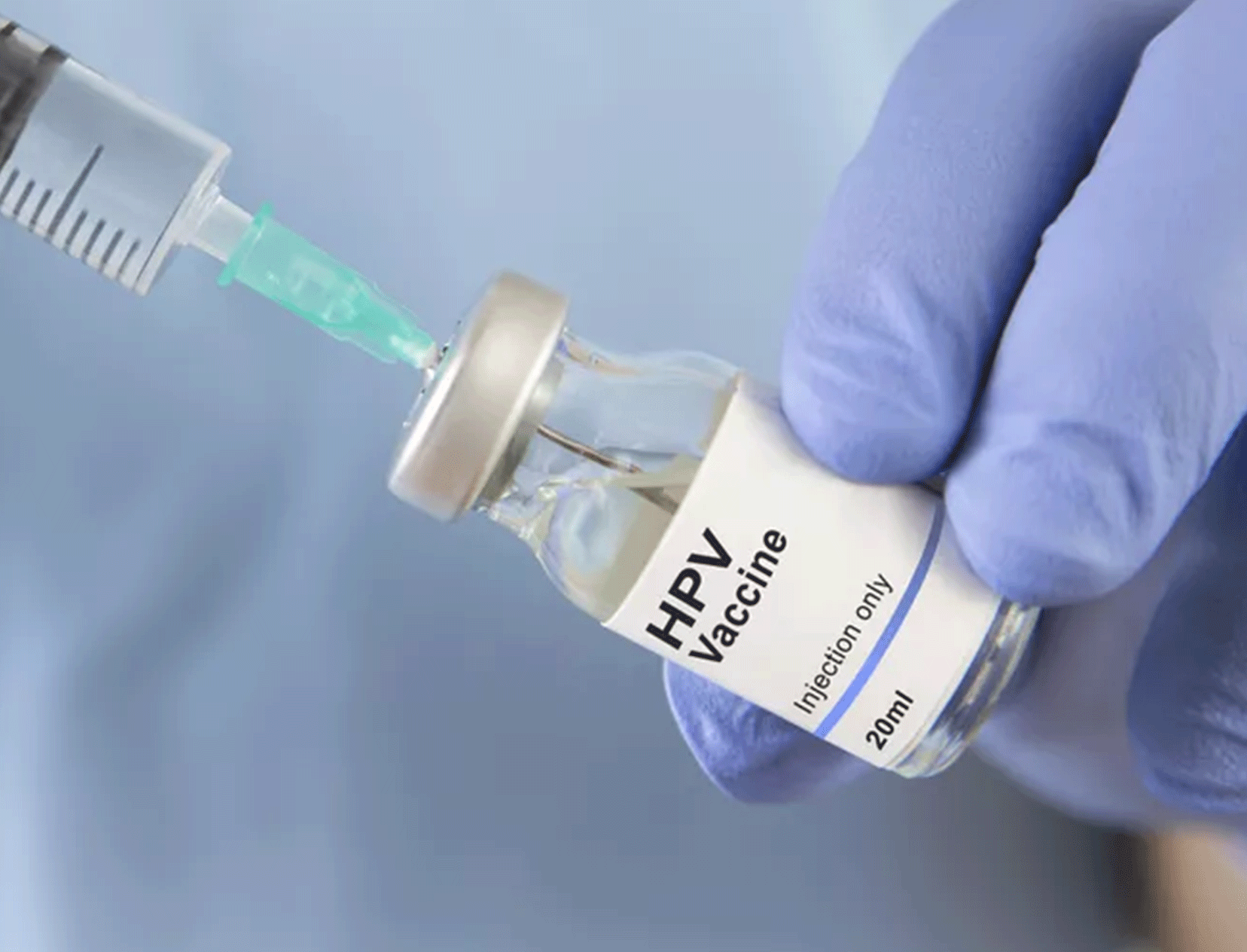
The first day of every February in India brings the Budget announcement. Since the Indian General election is due this year, Finance Minister Nirmala Sitharaman announced the interim budget in the Lok Sabha today. Among other things, she mentioned the Government will encourage vaccination against cervical cancer for young girls between 9 to 14 years. But what exactly is it?
Cervical Cancer develops in a woman’s cervix. It is like a narrow tunnel-like muscular body part between the end of the uterus and vagina. According to the World Health Organisation (WHO), 99% of cervical cancer cases can be linked to human papillomavirus (HPV).
HPV is a sexually transmitted infection that can impact your genitals, causing warts, meaning small bumps or growths. According to the Cleveland Clinic, the majority of genital HPV strains do not have a grave impact. However, some HPV strains are prone to high risk and can culminate in cancers, such as cervical cancer.
According to the National Cancer Institute, there are 12 high-risk HPV types, from which HPV 16 and HPV 18 are behind most HPV-related cancers, like anal, cervical, and throat cancer, among others. In most cases, when a body is exposed to HPV, the immune system fights the virus. However, in some cases, it thrives for years, leading to cancer. The American Cancer Society notes that cervical cancer can be detected early through regular screening tests like the Pap test.
Early on, the cancer may not reflect through any immediate symptoms. However, as it gradually goes, it may cause vaginal bleeding after intercourse, heavier menstrual bleeding, bloody vaginal discharge of bad odour, and pelvic pain, notes Mayo Clinic.
Human papillomavirus vaccines (or HPV vaccines) can provide protection against HPV infections. The existing vaccines protect an individual against the high-risk HPV types, primarily HPV 16 & HPV 18, that pose the highest threat for cervical cancer. The WHO recommends the target age group of young adolescent girls between 9 to 14 for the vaccination. However, if it is not aptly done during the younger years, the CDC’s Advisory Committee on Immunization Practices (ACIP) suggest vaccination for everyone through the age of 26 years.
The fact that this year’s Interim Budget emphasises HPV vaccinations for young girls is indeed a remarkable move and has received appreciation. Cervical Cancer is the fourth most common cancer in women. The awareness and discourse around it is essential.
Read More From Health
Ananya Panday On Being Called ‘Chicken Legs’ and ‘Flat Chest’ In School & Why We Must Talk About It
Isha Jain